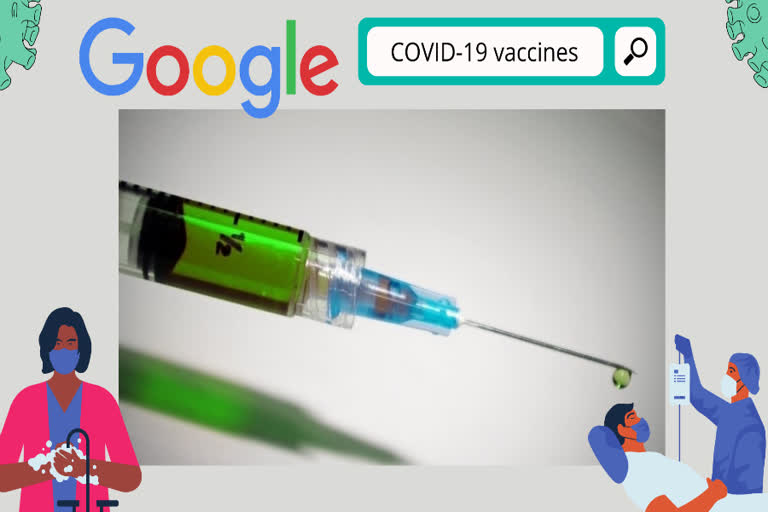San Francisco: "As other health authorities begin authorizing vaccines, we'll introduce this new feature in more countries," Google said in a statement.
British regulators approved the Pfizer vaccine on December 2, and the country has received 800,000 doses, enough to vaccinate 400,000 people.
The first shots are given to people over 80 years of age, who are either hospitalized or already have outpatient appointments scheduled, along with nursing home workers and vaccination staff.
Google informed that launched in March, the COVID-19 information panels on YouTube have been viewed 400 billion times, making them an important source of authoritative information.
Also Read: Moderna says its COVID-19 vaccine is nearly 95% effective
These panels are featured on the YouTube homepage, and on videos and in search results about the pandemic.
"Updates to the panels will connect people directly to vaccine information from global and local health authorities," Google said.
"Because YouTube creators are a trusted voice within their communities, we're also supporting creators by connecting them with leading health experts to make helpful and engaging content for their audiences about COVID-19 and vaccines".
The company also announced an additional $15 million in Ad Grants to the World Health Organization (WHO) to assist their global campaign.
Google said that since the beginning of the pandemic, it has given $250 million in Ad Grants to help more than 100 government agencies around the world run critical public service announcements about COVID-19.
In April, the tech giant gave $6.5 million to support COVID-19 related fact-checking initiatives, which have provided training or resources to nearly 10,000 reporters around the world.
Now, the Google News Initiative (GNI) is providing an additional $1.5 million to fund the creation of a COVID-19 Vaccine Media Hub and support new fact-checking research.
Also Read: Web scraping is a tool, not a crime
(Inputs from IANS)



